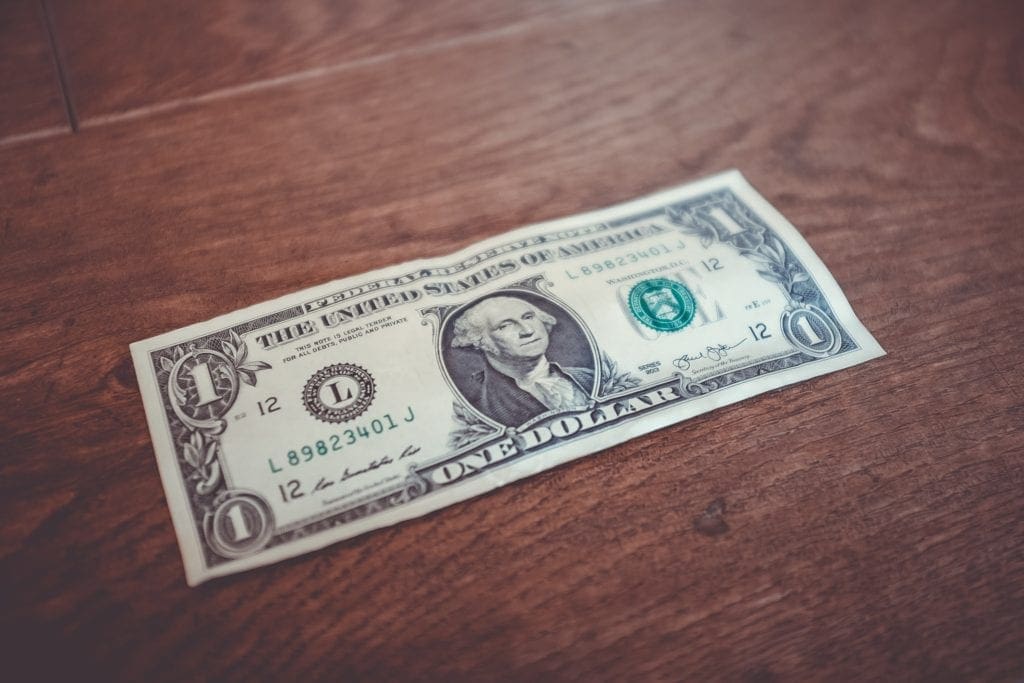The economy under President Donald Trump has looked solid so far, with unemployment levels reaching historic lows and job creation growing steadily.

According to the White House’s Council of Economic Advisers (CEA), 7 million jobs have been created since the 2016 election. The CEA’s recorded figures exceed the 1.9 million jobs that the Congressional Budget Office originally projected. Unemployment rates across demographics have fallen significantly.
However, Robert Samuelson, a columnist for the Washington Post, is skeptical of Trump’s policies and even penned an article titled “Trump is Hooked on Deficits.” Samuelson suggests that a “stroke of luck” may be behind some of this growth. In his view, growing consumer confidence since the Great Recession could be a major factor behind the economy’s recent uptick. However, public policy cannot be ignored.
In defense of the Trump administration, its tax policies and deregulation measures were steps in the right direction. On taxes, Trump cut income taxes and corporate taxes in order to make America more competitive on the global stage. For administrative deregulation, President Trump issued Executive Order 13771, which orders federal agencies to repeal two regulatory measures for each new regulatory measure enacted. The former, unfortunately, was not accompanied by spending reforms. Hence, the ever-present deficit problem. At the end of 2019, the total deficit for the year stood at $984 billion. To make matters even worse, the national debt reached $23 trillion by the end of 2019.
Samuelson’s concerns for the deficit are reasonable. However, there is reason to believe they may be partisan in nature. The Post is known for its pro-establishment bias. Let’s be honest here, Republicans have clearly demonstrated a longstanding devotion to fiscal irresponsibility.
That said, their Democratic colleagues have not offered much in return. The fiscal problem in D.C. is a bipartisan affair through and through. Both parties have had their hands in the cookie jar, so it’s intellectually dishonest to score political points against the other when basically doing a copycat routine.
A more nuanced take on this matter would be to take both parties to task for their fiscal mischief. Economist Peter Schiff is great at that. He has built a long track record of calling out D.C.’s spendthrift ways and offering an independent perspective, free of partisan cheerleading. Even though he originally voted for Trump, Schiff has been a major critic of his spending policies. In fact, he believes that Trump’s spending is making the U.S. borrow its way into poverty. This type of impartial analysis is desperately needed, unlike commentary which tows a partisan line.
Trump has passed some solid policies but he will have to get serious about overspending. If Trump wants to make America great again, he needs to get the country’s fiscal affairs straightened out. Not doing so could have terrible consequences for millions of young Americans.




















